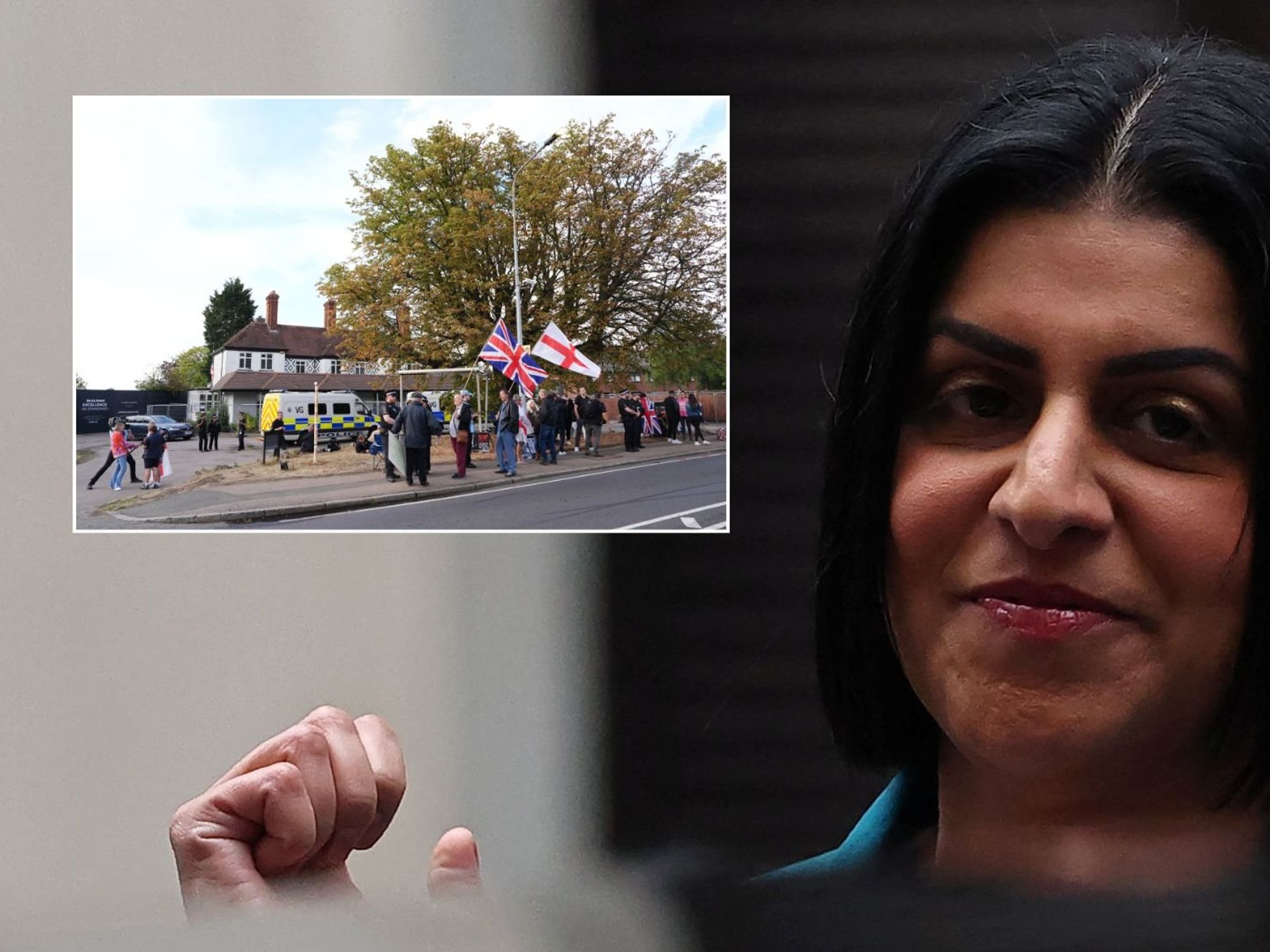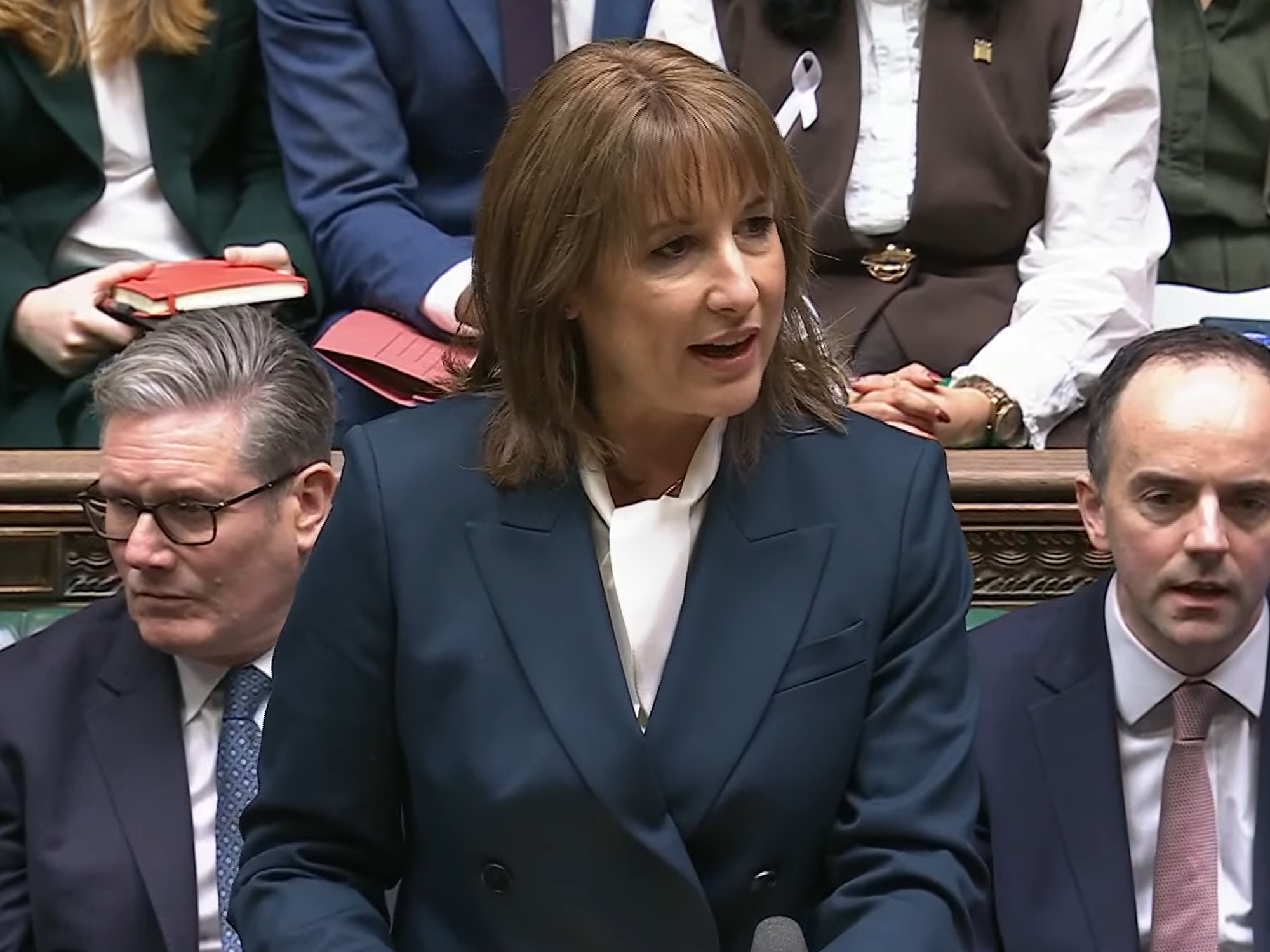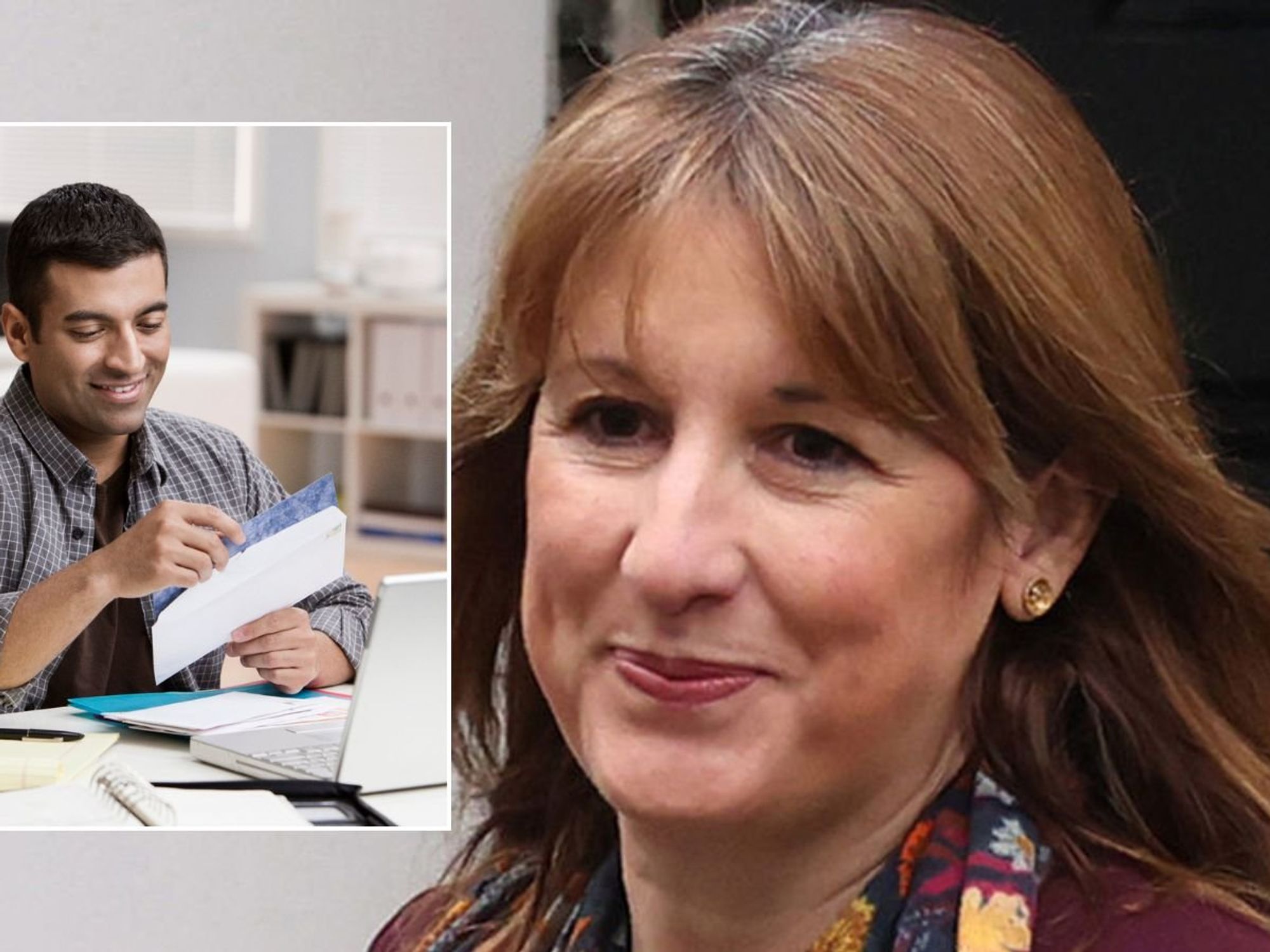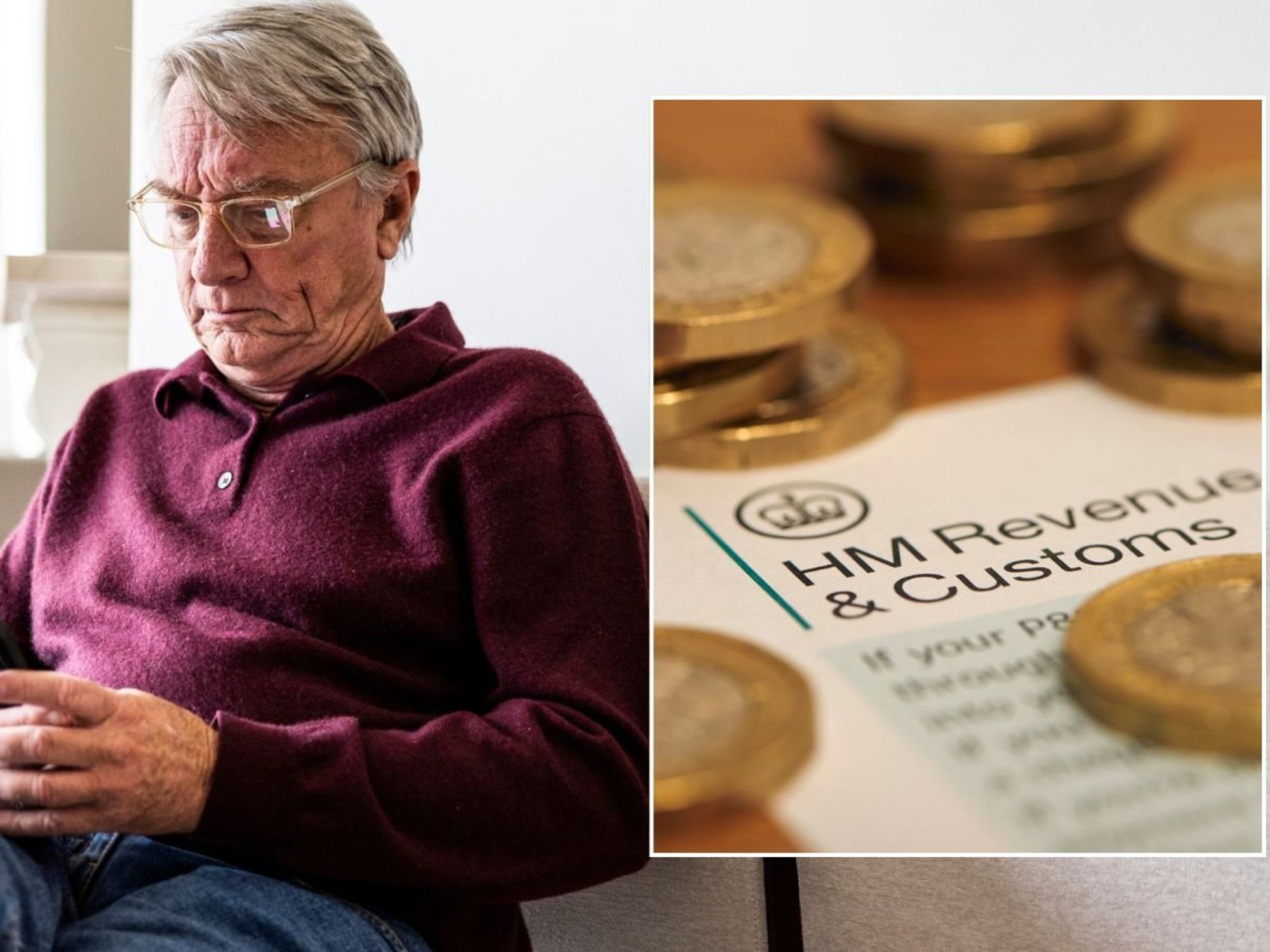Budget 2025 in FULL: All the tax and borrowing measures introduced by Rachel Reeves

The Chancellor announced Labour's highly anticipated Autumn Budget on Wednesday
Don't Miss
Most Read
Chancellor Rachel Reeves has confirmed tax rises worth £26billion after a downgrade in the UK’s growth outlook.
More than 1.7 million people are set to pay more income tax due to the continued freeze on thresholds, which will push workers into higher tax bands as wages rise.
Ms Reeves admitted the policy would affect "working people" despite Labour’s previous pledge to protect them, saying she was “asking everyone to make a contribution”.
Ms Reeves accepted that the policy would hit “working people” despite Labour’s earlier pledge to protect them, but insisted she was “asking everyone to make a contribution”.
To close what she described as a £40billion gap in the public finances, the Budget includes a mix of tax and borrowing measures affecting pensioners, working professionals, benefit claimants, motorists, students and savers.
The chancellor delivered her statement in unusual circumstances. Much of the Budget was already public after the Office for Budget Responsibility accidentally uploaded its full assessment to its website hours before Reeves took to the dispatch box.
She called the leak “deeply disappointing” and a “serious error”, though the episode did little to change the financial reality facing households.
Although the fiscal picture was less severe than many had feared, there was no sense of relief for taxpayers. The extended freeze on tax thresholds, alongside rises in other taxes and charges, means millions will continue to feel financial pressure for years to come.
The tax rises confirmed:
Ms Reeves confirmed an extension of the income tax threshold freeze to 2030-31, locking millions more workers into higher tax bands as wages rise. Fiscal drag will continue to push tax receipts upwards for years.
Savings policy also saw significant changes. The annual Cash ISA allowance will be reduced from £20,000 to £12,000 from April 2027, though savers aged over 65 will be exempt from the cut.
The Treasury has framed this as a push to encourage investment, but the move risks triggering a rush into Cash ISAs before the deadline rather than improving retail investing in the long term.
The ISA system will also become more complicated rather than simpler - in contrast to the pre-election promise of streamlining.
A series of other personal finance measures were confirmed, including higher income tax charges on savings, increases to dividend tax and a limit on the tax advantages of salary-sacrifice pension contributions.
From April 2029, contributions above £2,000 through salary sacrifice will be treated like ordinary employee pension contributions for National Insurance purposes. Investors, savers and higher earners will feel the effects of these changes most sharply.
Pensioners received one of the few direct boosts in the Budget. The state pension will rise by 4.8 per cent in April, adding £574.50 a year to the new state pension and £439.40 to the basic state pension.
The government also committed to keeping the triple lock. Mike Ambery at Standard Life said the rise will bring “short-term relief” but warned that questions remain over the long-term sustainability of the triple lock as costs rise with an ageing population.
At the other end of the age and wealth spectrum, high-value property owners are set to pay more. The OBR leak confirmed plans for a council tax surcharge on homes worth more than £ million, expected to raise around £400 million in 2029–30. Critics have already branded the measure a “mansion tax by stealth”.
Tom Selby, director of public policy at AJ Bell, said: "The entire contents of the Budget being accidentally published by the Office for Budget Responsibility (OBR) was perhaps a fitting end to the most leaked fiscal event in living memory.
"The good news for the beleaguered chancellor Rachel Reeves was that the economic situation painted by the OBR, and the so-called financial ‘black hole’ she faces, is less horrific than many had feared, which was likely the reason a mooted manifesto-busting increase in income tax rates was abandoned."
He added that the extended tax threshold freeze and higher taxes on savings, dividends and pensions will “hit workers, savers and investors”, arguing that the cut to Cash ISA allowances risks adding complexity rather than boosting long-term investing.
There was some relief for families. Scrapping the two-child benefit cap and freezing rail fares were highlighted as measures to ease pressure on household budgets.
Kevin Mountford, personal finance expert and co-founder at Raisin UK, said: "Scrapping the two-child welfare limit and freezing rail fares will provide some welcome breathing room for households.
"The Great British Savings Report shows that 60 per cent of people dipped into their savings last year just to keep up with rising costs, so this support could help prevent further erosion of people’s financial safety nets."










